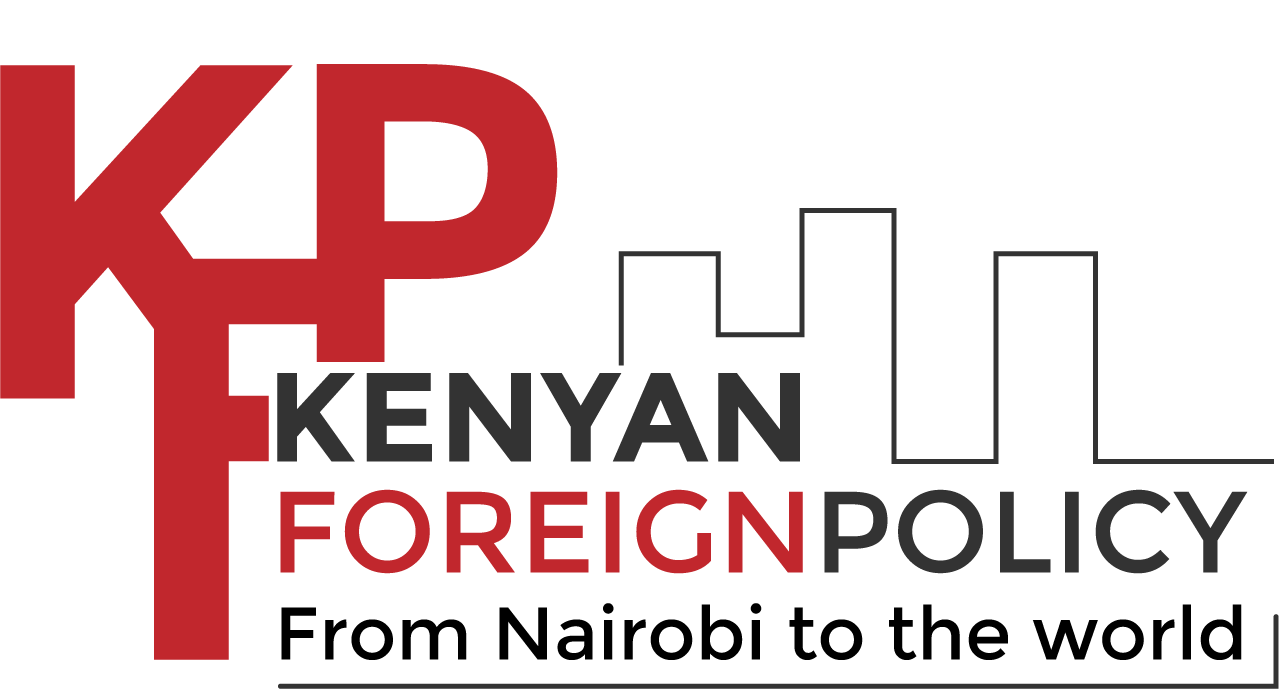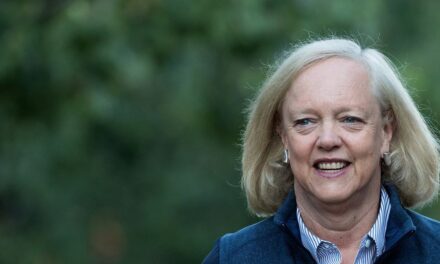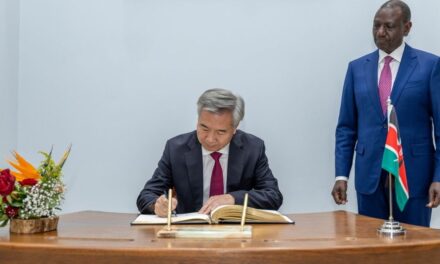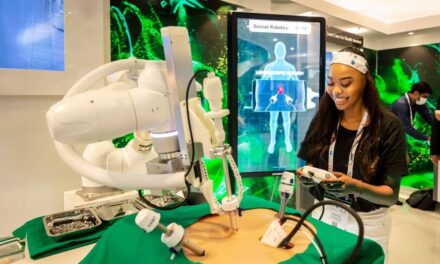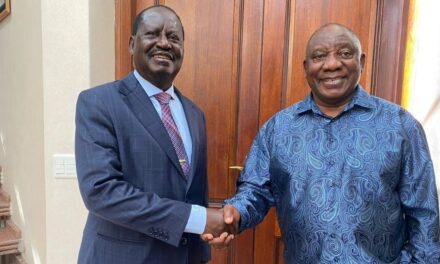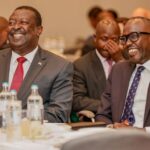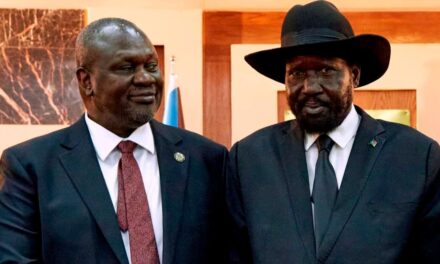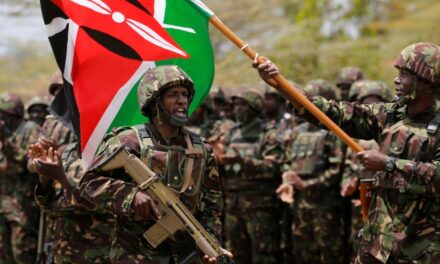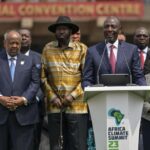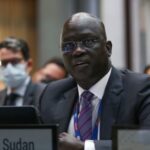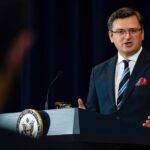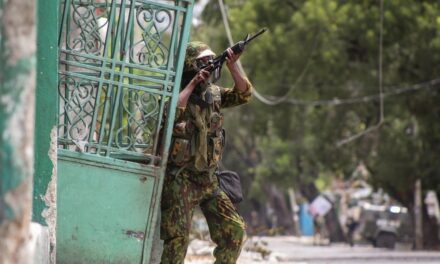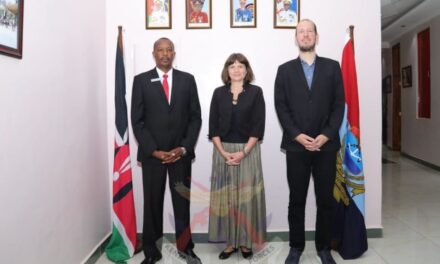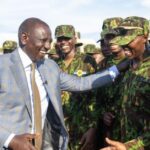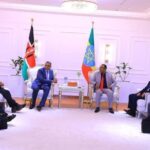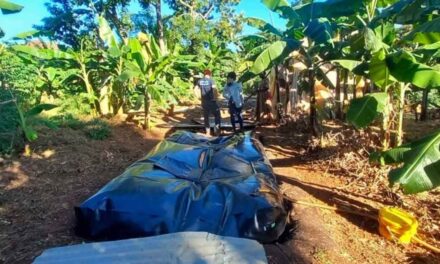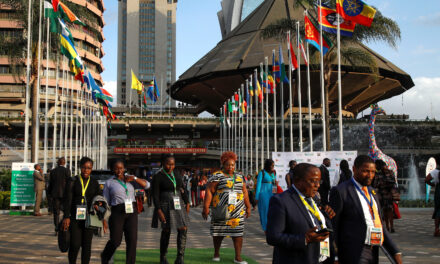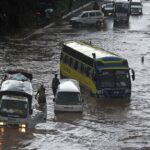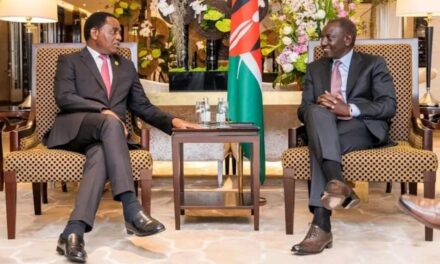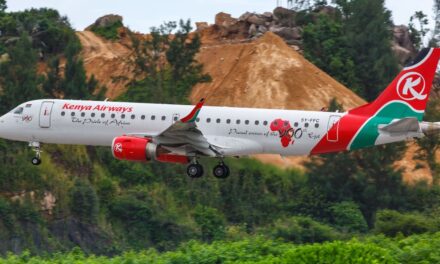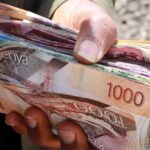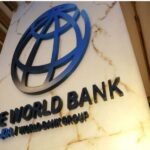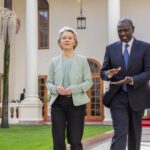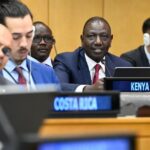

Dear Raila Odinga: Enough with the Rhetoric, Africa’s Problems Need Real Solutions
By KFP Editor
| November 9, 2024

Raila Odinga speaks at a media roundtable in Addis Ababa on Saturday, November 9, 2024, following the Friday launch of his AUC bid. During the session, he sidestepped questions, leaning on historical rhetoric that left much to be desired in his respinses. Photo: Raila Odinga (X).
In an interview that has sparked significant debate, Raila Odinga, a leading contender for the African Union Commission (AUC) chairmanship, was asked about the youth uprisings in Kenya and Mozambique.
The question posed by Ethiopian freelance journalist Samuel Getachew in Addis Ababa on Saturday was simple yet urgent: What do you make of the youth unrest in Kenya and Mozambique?
Instead of directly addressing the rising discontent among Africa’s youth, Odinga veered off course, delivering a lengthy and disconnected speech about Africa’s vibrant youth, artificial intelligence (AI), and China’s growth.
He casually dropped the names of global car manufacturers like Ford, Mercedes, Peugeot, Volvo, and BMW as symbols of global success, hoping to illustrate his broader points.
The journalist, frustrated by the lack of relevance to his question, interjected after more than five minutes of vague rhetoric: “My question wasn’t on China or AI, respectfully. When you see the young people protesting and uprising, what do you feel? Not a question about how China has developed or AI.”
Odinga’s response—or lack thereof—raises serious concerns about his readiness to confront Africa’s real issues.
Watch the full media interview here.
He deflected the question, instead offering vague comparisons to global protests in countries like Colombia and France, all while sidestepping the root of the question.
“It’s not just Kenya and Mozambique where political challenges exist,” Odinga explained, drawing comparisons to distant and unrelated geopolitical issues.
Yet the unrest in Kenya and Mozambique is far from abstract; it’s a direct consequence of systemic social, economic, and political failures.
The African youth are protesting because they have no jobs, no future, and no hope. They’re fighting for change, and they need leaders who will understand and address these issues head-on.
Instead, Odinga gave a response drenched in history, detached from the urgency of today. His rhetoric, while filled with visionary ideals, failed to provide any concrete solutions for Africa’s youth.
It was more about the past and his own legacy than it was about the future of the continent.
Africa, the youngest continent on earth, cannot afford to be led by a candidate who is too busy reminiscing about the past and touting global examples that offer no direct relevance to the continent’s problems.
The question remains: Can Raila Odinga rise to the occasion and offer real solutions to the continent’s pressing challenges, or will he continue to deflect with vague rhetoric?
This pattern of deflecting uncomfortable questions continued throughout his media roundtable.
When asked about the ongoing violence in Eastern Congo, Odinga expressed his sorrow for the situation but failed to provide a clear strategy for peace.
His remarks on the Sudan conflict were equally weak, offering no new insights into how the AUC would handle one of the continent’s most pressing humanitarian crises.
And when an AFP journalist asked him about the growing tensions between Ethiopia and Somalia over a port deal and Somaliland’s role, Odinga deflected once again: “Where there is a problem, there is a solution. The solution lies in bringing people together.”
This response, unfortunately, lacks substance in the face of a looming regional war in the Horn of Africa.
It’s clear that Odinga, who will be 80-years by the time of elections is not prepared to tackle the continent’s most immediate and critical conflicts.
His response to the ongoing tensions between Ethiopia and Somalia was particularly alarming, considering the role the AUC plays in peacebuilding and mediation.
Tensions between Addis Ababa and Mogadishu are escalating, and the involvement of Egypt and Eritrea makes the situation even more delicate.
If Odinga is to lead the AUC, he will need more than just idealistic rhetoric. He must have a deep understanding of these complex issues and be able to act decisively.
What is perhaps most telling is his failure to even address one of the core pillars of Agenda 2063: Silencing the Guns.
This initiative, which aims for a peaceful and secure Africa, is the backbone of the continent’s development agenda.
Without peace, there is no development!
The 2020 deadline has come and gone, but the guns are still not silenced. And yet, Raila Odinga, the man vying to succed Moussa Faki, failed to address this directly when asked and during his Friday launch address in Addis Ababa.
It is not enough to speak of history; Africa needs a leader who can deal with the present.
Raila has positioned himself as the “Indomitable African Lion,” a bold claim that he will need to substantiate if he is to earn the trust of the continent.
But how can we take that title seriously if his actions do not reflect a deep understanding of Africa’s real challenges?
Africa deserves a leader who can face the continent’s contemporary issues head-on.
A leader who will give clear, actionable solutions to the youth uprisings, to the escalating conflicts, and to the challenge of silencing the guns.
Raila’s vague and at best, shallow responses to real critical issues troubling Africa and African’s, paints him as either clueless, evasive, or both.
His likelihood of being elected as the next AUC chair, is hence unfortunate for Africa and its most pressing needs and problems that need urgent solutions.
It’s time for Odinga to show what he truly means by being the “Indomitable African Lion.”
Words are no longer enough. Africa is waiting for real actions and answers.
Your support empowers us to deliver quality global journalism. Whether big or small, every contribution is valuable to our mission and readers.
